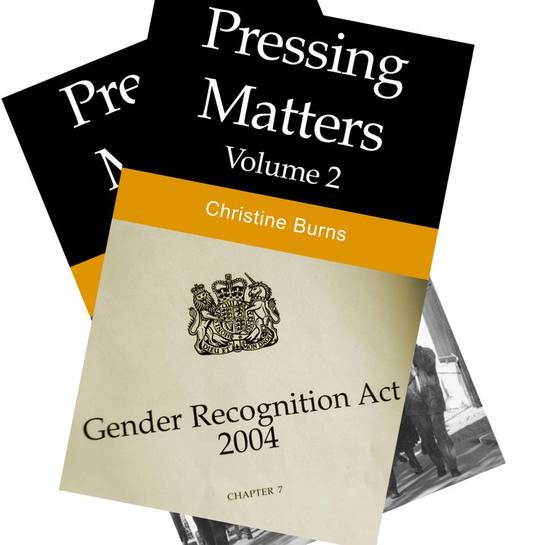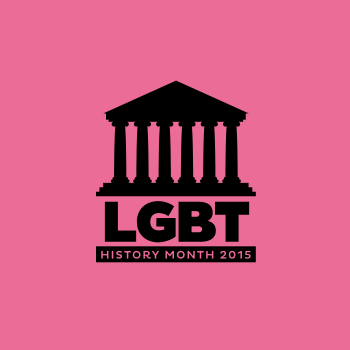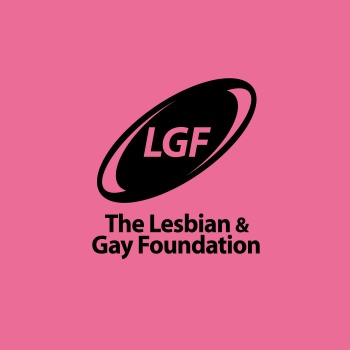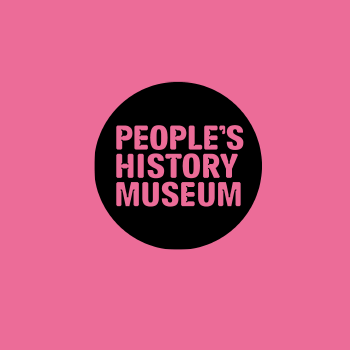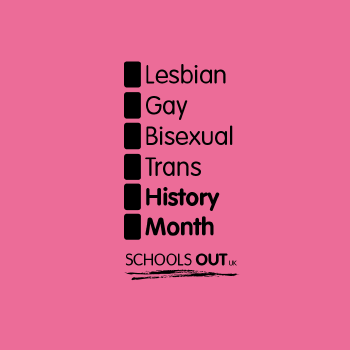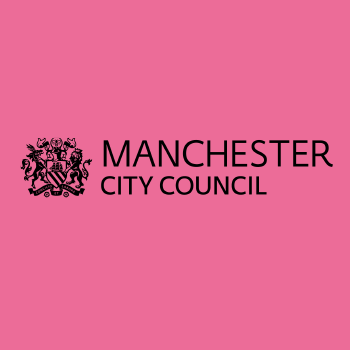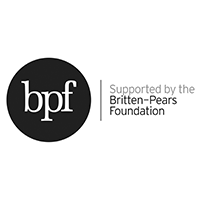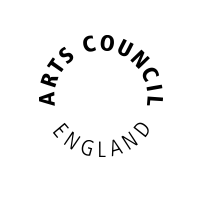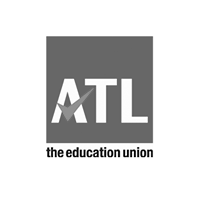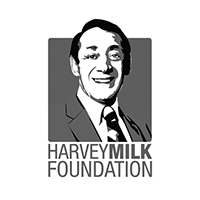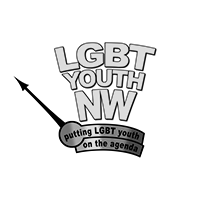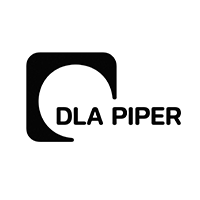Documenting trans history
19 January 2015
It was George Santayana who first coined the phrase that “those who fail to learn from history are doomed to repeat it”. As a successful campaigner I have always taken those words to heart.
At the very beginning of my campaigning career I saw it as a responsibility of mine to learn about the history carved by my predecessors. How, otherwise, was I to ensure I was building on sound foundations and not wasting effort in repeating mistakes? The idea underpins why I have supported LGBT History Month in the UK from the outset … why I was honoured to become the event’s first trans patron in 2010 … and why I was proud to be associated with the research and publication of a comprehensive history of LGBT challenges and successes with my clients in the NHS in 2011.
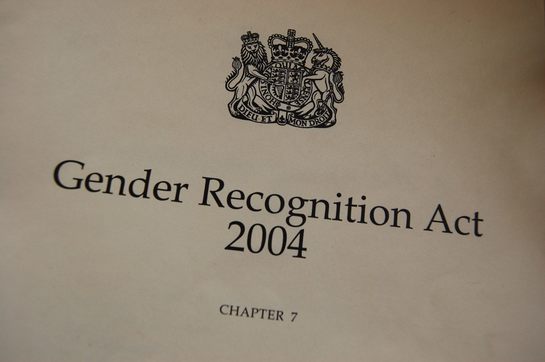
But it seems to me a horribly ironic twist that the wisdom in George Santayana’s words is more commonly attributed to Sir Winston Churchill — a famous figure quoting a wise thought and getting remembered more than the person who coined it. It goes to show that history is not always about what is objectively true. In war they say that it is the victors who write history. And, in the social sphere, history is more often than not about the narratives of dominant groups. That’s why historic accounts of Lesbian, Gay and Bisexual people were so often pejorative, criminalising and pathologising narratives until LGB people recently began recovering and writing their own. And it’s why any distinct historical accounts of trans people’s lives are even more scant.
When I began trying to learn about my own subculture as a young student in the 1970s I faced a near impossible task. Trans wasn’t a subject you could find in a library index. That term didn’t even exist till my colleagues and I worked to introduce it to the language in the mid 1990s. There were a few medical papers — some even using the word “transsexual”, which was new. There would be nothing positive to glean from the stigmatisation passing as “medical science” in those. And, of course, there were newspaper cuttings about transsexual people who had been “outed” for public titillation. Reading those was not a positive experience either. All that existed besides those two options were a couple of biographies of transsexual people. If you were lucky and were plugged into the bush telegraph you might find out about those and borrow a heavily used copy. But that assumes you found the tiny and highly secret world of transgender groups in the first place.
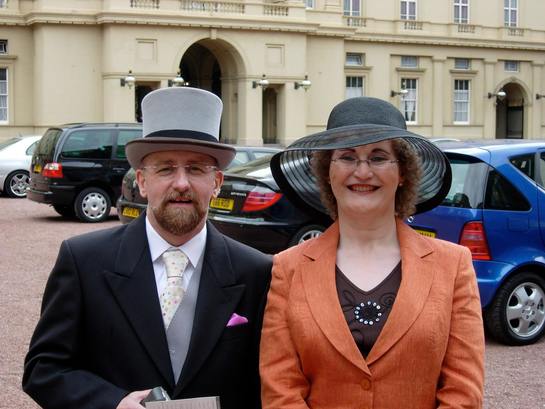
Those scarce transgender biographies were not ideal from today’s perspective. They were written for a cis-gender (non-trans) audience — often with cis-gender ghost or co-writers. The books took cis-gender cultural assumptions as a given and didn’t challenge them substantially. The transgender actors in those accounts were viewed (and viewed themselves) in terms of departing from those norms. Their odyssey was about the effort to reintegrate as “normal” on the other side of transition. And, if that was your only role model literature in those days, it is perhaps not surprising that most debate — if trans people met to debate at all — was about achieving the same goal, or surviving if you couldn’t.
In consequence of all that, there is a legacy of trans people tending to know little about their own cultural background. One of the key things we did when we organised together for the first time as campaigners in the 1990s was to tell people more about their own history. We shared what we could glean about trans people existing long before people generally assumed they had. We uncovered anything we could find where trans people actually discussed their self-understanding, as opposed to simply accepting a cis-gender view. We also generated a political discourse where little had existed or been promulgated before. And out of those small beginnings grew a campaign with a distinct agenda for social change and the self-aware subculture which you see today. Curating and interpreting history and ideas was the food that fed that revolution in awareness and participation.
Today trans people are in a far different place. There are laws (which we pioneered) protecting basic rights and recognising trans people for who they are. Painfully slow progress is being made on better medical provision and in changing the way trans people are portrayed in the media. For the first time in history, the mainstream media is becoming a place that documents trans people’s own experiences and ideas, rather than exclusively what cis-gender people think of us. Progress means that the amount of analysis and discourse about trans lives and experiences is ballooning everywhere.
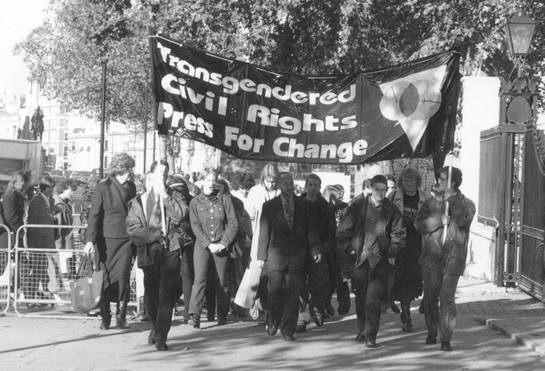
Future historians will have plenty of places to research that contemporary conversation and what results from it, because mainstream writing gets catalogued and archived and preserved, and because trans people at last have some hand in carving it. But if I asked you today to independently research the space between trans people being almost totally invisible and how they came to this current point I think you might struggle just to find the source material. And if I asked you to go further back and research how trans people lived before the modern era I know you would be in trouble. Trans history is one of the most neglected areas of LGBT study. The worst part is that if people don’t act soon then some of the key material will be lost forever, as people with lived experience of past decades pass away.
Realising what an urgent challenge this is, I have spent quite a lot of my time in the last few years documenting what I can and finding out about the work that others are doing. I have captured audio interviews with people recalling what they can from a generation ago. I have promoted modern biographies. I have encouraged people to donate their paper records to professional archives such as the one at the London School of Economics. I have written about the challenges of preserving records in an age where most written material was email and web based — and where contemporary communications are even more ephemeral. Finally, I have also written a two volume history of the most vital period in the emergence of trans activism and political awareness, researched from my own personal archives.
I am vitally aware that this is a field requiring far more effort — especially involving people trained as archivists and historians. Fortunately there are a few such people. The excellent Transgender Archive at the University of Victoria in British Columbia, Canada, points to what can be achieved given the will. Transgender historians like Susan Stryker also demonstrate how details of the past can be rescued and taught to subsequent generations.
If you’re interested in this area then here are just a few places to begin:
- The Transgender Archives at the University of Victoria
- The Trans Tapes
- Alice Purnell’s Memoirs
- Dear Sir or Madam - The New Edition
- Our history hangs by a thread
- Archive it now or lose it forever
The history of how trans activism and political awareness emerged in the UK would be harder to research at this time without a primer. This is why my two volume account of the origins and work of Press for Change is helpful. “Pressing Matters” documents how marginalised trans people were at the end of the 20th century in Britain and presents an insider account of how a small group of trans people came together to overcome that marginalisation. Volume one charts the emergence of the campaign and how it found its feet. Volume two then documents how the fully functioning campaign became really effective and forced its way to the negotiating table with government. Both volumes have received five star reviews. They can be obtained here:
Pressing Matters is unique at the current time. No other book documents this period in modern trans history so comprehensively. Volume two also provides a guide to the source material used, and how this can be accessed for further study in the LGBT Archive at the London School of Economics. It is my hope that, having opened the door to this potential area of study, many more will now take advantage and perform more in-depth analysis of the recent history of trans people.
All photos courtesy Christine Burns. More on UK Trans History Facebook page. Christine will be talking on Saturday 14th Feb in the morning.
